Mumbai-born author and playwright Anosh Irani talks about the essential art of storytelling and his latest novel Dahanu Road.
Anosh Irani, who was born and grew up in Mumbai, moved to Vancouver in 1998 to make a name for himself as a writer. The author-playwright wrote the absurdist The Cripple And His Talismans in 2004, followed by The Song Of Kahunsha which had the Bombay riots of 1992-93 as its backdrop.
Irani’s theatrical oeuvre The Matka King, Bombay Black, and My Granny the Goldfish have garnered critical acclaim and won several accolades.
His latest novel Dahanu Road is a tale of a chikoo farm owner’s son Zairos who is enamoured by the daughter of Ganpat, a tribal farm labourer. The novel, while detailing the plight of the Zoroastrians, unravels an unsettling past that spans three generations and offers a glimpse into the small town of Dahanu near Mumbai and its curious inhabitants.
You emerged as a novelist with The Cripple And His Talismans which could strictly be referred to as belonging to the magic realist style.
Yes, my first book was a magical realist work. But this one is my most realistic book compared to the other two. Not that there isn’t any magic in Dahanu Road, it’s just magic of another sort.
Your most realistic book, and most personal?
Yes, I would certainly say so.
Care to elaborate on the historical background of the book in terms of the Iranian exodus?
Well, from personal experience, I remember the tales that my father would tell me of the hardships endured by my grandfather who travelled from Iran to Bombay on foot.
The first Zoroastrians came to India in 716 AD. They hailed from a region called Pars. Hence, they were referred to as the Parsees.
They were fleeing religious persecution. Afterwards, in the late 1800s, a second wave of Zoroastrians, referred to as the Iranis, came to India.
Bombay has been the stage for most of your writings. Why the sudden shift to Dahanu?
Dahanu proved to be an interesting setting. I wanted to capture the nuances of a small town. My parents, of course, owned a farm there. Interestingly, not many are aware of the fact that Dahanu holds special importance for the Zoroastrians.
Iranshah, the sacred fire, which was kept burning for thousands of years in Iran, was tended to in a cave at Bahrot hill near Dahanu for 12 years since Muslim forces had descended upon Sanjan, about 700 years after the first Zoroastrians fled from Iran to the coast of Gujarat.
The Parsees put up a fight under the command of the valiant Ardeshir but victory was not theirs.
The holy fire was taken to Bahrot hills. It burns to this day in Udvada in Gujarat.
How was your story conceived?
About five years ago, a friend had told me a story of how, during Prohibition in the 1940s, my great grandfather would dig holes under a chikoo tree in his farm to conceal liquor bottles. Later, I had come to know of a tribal farm hand who hanged himself. I knew then that there was a reason why I heard of both incidents. It was like they existed, waiting to be linked by me into a single narrative.
Did you have any reservations about the irreverent tone about a past which is shared by family and friends?
Everyone understands it as a work of fiction. I don’t believe one tends to put one’s self in the place of characters. To the readers, these people don’t exist. Also, irreverence is important to lighten the tone of the book.
With three novels out now, what would you choose to be remembered as — a prolific writer or a meticulous one?
I don’t think it’s important to be prolific. Writing a book is painstaking work. It takes constant endurance. It’s like running a marathon as opposed to a 100m race. Writing Dahanu Road took some three years. Telling a story is about quality over quantity.
You have won acclaim in Canada since you shifted there in 1998, and Dahanu Road is, in fact, your first book to be published in India. Who would your audience be — Indians, Canadians, or NRIs?
Well, it’s for anyone who is receptive to a good story, basically. A well-told story is universally well received.
What is your advice to would-be writers?
It’s important that you have a story to tell. There are many people who can write, but do they have a story to tell? That’s the most important thing. Without a story, a book is just going to be one more book — and the world would probably be better off without it.
How broad or narrow is your idea of what comprises “the story”?
Structure is indispensable to the story, whatever it may be.
In Dahanu Road, maintaining fluidity in the structure was vital since the plot tended to go back and forth between present and past incidents.
What would you say to those who have stories to tell but lack the faculties to express themselves?
Writing can be developed with practice; I believe that the story is the most important thing. There are many natural storytellers out there. Before books and plays existed, there was the simple village storyteller. It has always been the story that captivated people.
What are your literary influences?
Albert Camus’s works, The Stranger in particular, presents interesting ethical and moral dilemmas. Rohinton Mistry, who is another amazing writer, possesses a knack for creating the most vivid characters. Charles Bukowski’s writings are full of humour and irreverence that has been influential to my own style.
You have written three award-winning plays. What is the lure of theatre for you?
Theatre is the purest form of storytelling. It has an element of unpredictability that scares me… and I love that. Theatre gives me a way of connecting with the audience in a way I can’t usually do, except maybe during readings.
Are you averse to cinematic adaptations?
No, why would I be? I love cinema as much as the next guy. I would like complete creative control in terms of the screenplay, though.
Dahanu Road is published by HarperCollins.
![submenu-img]() Balancing Risk and Reward: Tips and Tricks for Good Mobile Trading
Balancing Risk and Reward: Tips and Tricks for Good Mobile Trading![submenu-img]() Balmorex Pro [Is It Safe?] Real Customers Expose Hidden Dangers
Balmorex Pro [Is It Safe?] Real Customers Expose Hidden Dangers![submenu-img]() Sight Care Reviews (Real User EXPERIENCE) Ingredients, Benefits, And Side Effects Of Vision Support Formula Revealed!
Sight Care Reviews (Real User EXPERIENCE) Ingredients, Benefits, And Side Effects Of Vision Support Formula Revealed!![submenu-img]() Java Burn Reviews (Weight Loss Supplement) Real Ingredients, Benefits, Risks, And Honest Customer Reviews
Java Burn Reviews (Weight Loss Supplement) Real Ingredients, Benefits, Risks, And Honest Customer Reviews![submenu-img]() Gurucharan Singh is still unreachable after returning home, says Taarak Mehta producer Asit Modi: 'I have been trying..'
Gurucharan Singh is still unreachable after returning home, says Taarak Mehta producer Asit Modi: 'I have been trying..'![submenu-img]() RBSE 12th Result 2024 Live Updates: Rajasthan Board Class 12 results DECLARED, get direct link here
RBSE 12th Result 2024 Live Updates: Rajasthan Board Class 12 results DECLARED, get direct link here![submenu-img]() IIT graduate Indian genius ‘solved’ 161-year old maths mystery, left teaching to become CEO of…
IIT graduate Indian genius ‘solved’ 161-year old maths mystery, left teaching to become CEO of…![submenu-img]() RBSE 12th Result 2024 Live Updates: Rajasthan Board Class 12 results to be announced soon, get direct link here
RBSE 12th Result 2024 Live Updates: Rajasthan Board Class 12 results to be announced soon, get direct link here![submenu-img]() Meet doctor who cracked UPSC exam to become IAS officer but resigned after few years due to...
Meet doctor who cracked UPSC exam to become IAS officer but resigned after few years due to...![submenu-img]() IIT graduate gets job with Rs 45 crore salary package, fired after few years, buys Narayana Murthy’s…
IIT graduate gets job with Rs 45 crore salary package, fired after few years, buys Narayana Murthy’s…![submenu-img]() DNA Verified: Is CAA an anti-Muslim law? Centre terms news report as 'misleading'
DNA Verified: Is CAA an anti-Muslim law? Centre terms news report as 'misleading'![submenu-img]() DNA Verified: Lok Sabha Elections 2024 to be held on April 19? Know truth behind viral message
DNA Verified: Lok Sabha Elections 2024 to be held on April 19? Know truth behind viral message![submenu-img]() DNA Verified: Modi govt giving students free laptops under 'One Student One Laptop' scheme? Know truth here
DNA Verified: Modi govt giving students free laptops under 'One Student One Laptop' scheme? Know truth here![submenu-img]() DNA Verified: Shah Rukh Khan denies reports of his role in release of India's naval officers from Qatar
DNA Verified: Shah Rukh Khan denies reports of his role in release of India's naval officers from Qatar![submenu-img]() DNA Verified: Is govt providing Rs 1.6 lakh benefit to girls under PM Ladli Laxmi Yojana? Know truth
DNA Verified: Is govt providing Rs 1.6 lakh benefit to girls under PM Ladli Laxmi Yojana? Know truth![submenu-img]() Urvashi Rautela mesmerises in blue celestial gown, her dancing fish necklace steals the limelight at Cannes 2024
Urvashi Rautela mesmerises in blue celestial gown, her dancing fish necklace steals the limelight at Cannes 2024![submenu-img]() Kiara Advani attends Women In Cinema Gala in dramatic ensemble, netizens say 'who designs these hideous dresses'
Kiara Advani attends Women In Cinema Gala in dramatic ensemble, netizens say 'who designs these hideous dresses'![submenu-img]() Influencer Diipa Büller-Khosla looks 'drop dead gorgeous' in metallic structured dress at Cannes 2024
Influencer Diipa Büller-Khosla looks 'drop dead gorgeous' in metallic structured dress at Cannes 2024![submenu-img]() Kiara Advani stuns in Prabal Gurung thigh-high slit gown for her Cannes debut, poses by the French Riviera
Kiara Advani stuns in Prabal Gurung thigh-high slit gown for her Cannes debut, poses by the French Riviera![submenu-img]() Heeramandi star Taha Shah Badussha makes dashing debut at Cannes Film Festival, fans call him ‘international crush’
Heeramandi star Taha Shah Badussha makes dashing debut at Cannes Film Festival, fans call him ‘international crush’![submenu-img]() Haryana Political Crisis: Will 3 independent MLAs support withdrawal impact the present Nayab Saini led-BJP government?
Haryana Political Crisis: Will 3 independent MLAs support withdrawal impact the present Nayab Saini led-BJP government?![submenu-img]() DNA Explainer: Why Harvey Weinstein's rape conviction was overturned, will beleaguered Hollywood mogul get out of jail?
DNA Explainer: Why Harvey Weinstein's rape conviction was overturned, will beleaguered Hollywood mogul get out of jail?![submenu-img]() What is inheritance tax?
What is inheritance tax?![submenu-img]() DNA Explainer: What is cloud seeding which is blamed for wreaking havoc in Dubai?
DNA Explainer: What is cloud seeding which is blamed for wreaking havoc in Dubai?![submenu-img]() DNA Explainer: What is Israel's Arrow-3 defence system used to intercept Iran's missile attack?
DNA Explainer: What is Israel's Arrow-3 defence system used to intercept Iran's missile attack?![submenu-img]() Gurucharan Singh is still unreachable after returning home, says Taarak Mehta producer Asit Modi: 'I have been trying..'
Gurucharan Singh is still unreachable after returning home, says Taarak Mehta producer Asit Modi: 'I have been trying..'![submenu-img]() ‘Jo mujhse bulwana chahte ho…’: Angry Dharmendra lashes out after casting his vote in Lok Sabha Elections 2024
‘Jo mujhse bulwana chahte ho…’: Angry Dharmendra lashes out after casting his vote in Lok Sabha Elections 2024![submenu-img]() Deepika Padukone spotted with her baby bump as she steps out with Ranveer Singh to cast her vote in Lok Sabha elections
Deepika Padukone spotted with her baby bump as she steps out with Ranveer Singh to cast her vote in Lok Sabha elections![submenu-img]() Jr NTR surprises fans on birthday, announces NTR 31 with Prashanth Neel, shares details
Jr NTR surprises fans on birthday, announces NTR 31 with Prashanth Neel, shares details ![submenu-img]() 86-year-old Shubha Khote wins hearts by coming out to cast her vote in Lok Sabha elections, says meant to inspire voters
86-year-old Shubha Khote wins hearts by coming out to cast her vote in Lok Sabha elections, says meant to inspire voters![submenu-img]() Watch viral video: Man gets attacked after trying to touch ‘pet’ cheetah; netizens react
Watch viral video: Man gets attacked after trying to touch ‘pet’ cheetah; netizens react![submenu-img]() Real story of Lahore's Heermandi that inspired Netflix series
Real story of Lahore's Heermandi that inspired Netflix series![submenu-img]() 12-year-old Bengaluru girl undergoes surgery after eating 'smoky paan', details inside
12-year-old Bengaluru girl undergoes surgery after eating 'smoky paan', details inside![submenu-img]() Viral video: Pakistani man tries to get close with tiger and this happens next
Viral video: Pakistani man tries to get close with tiger and this happens next![submenu-img]() Owl swallows snake in one go, viral video shocks internet
Owl swallows snake in one go, viral video shocks internet




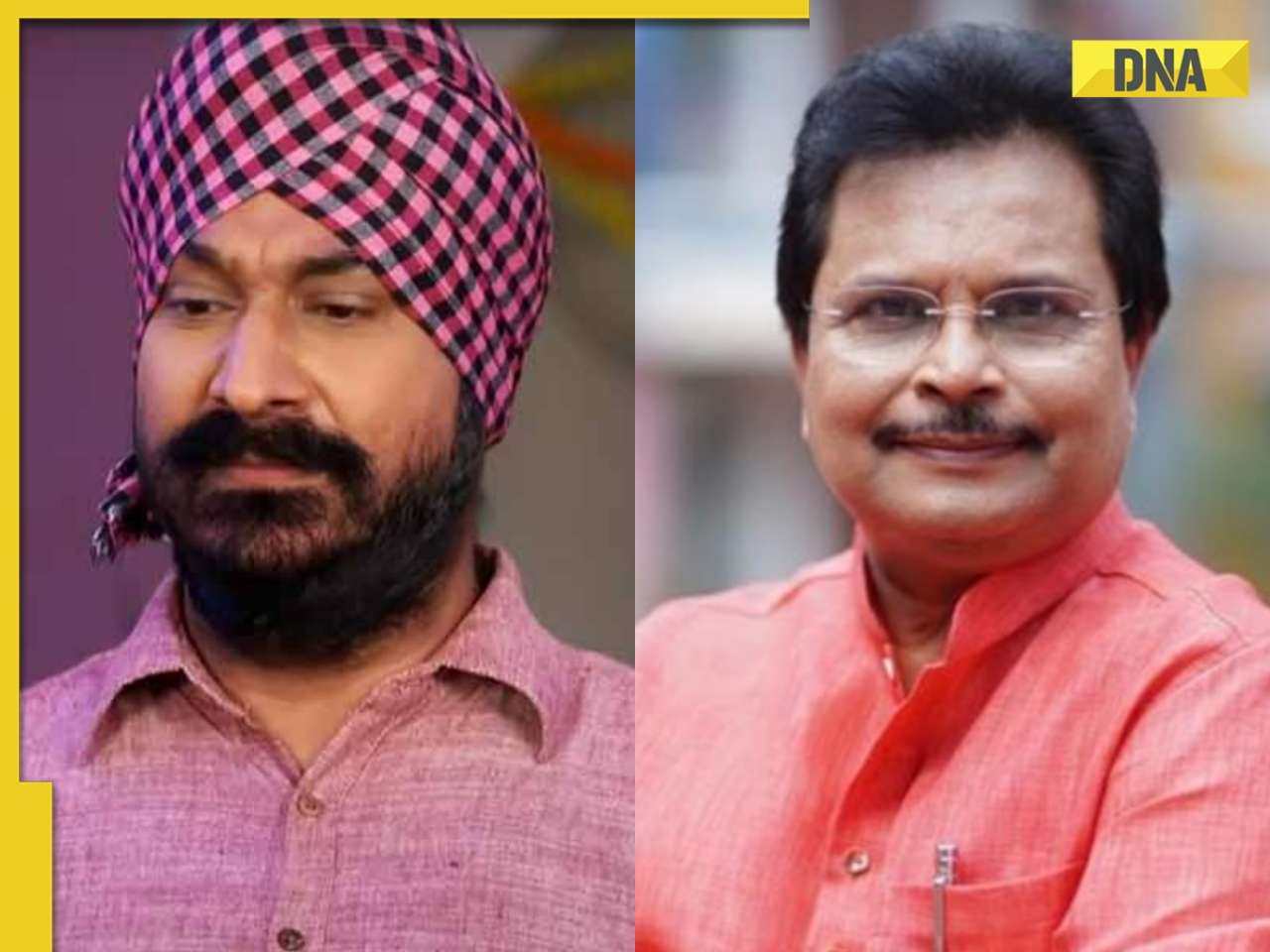


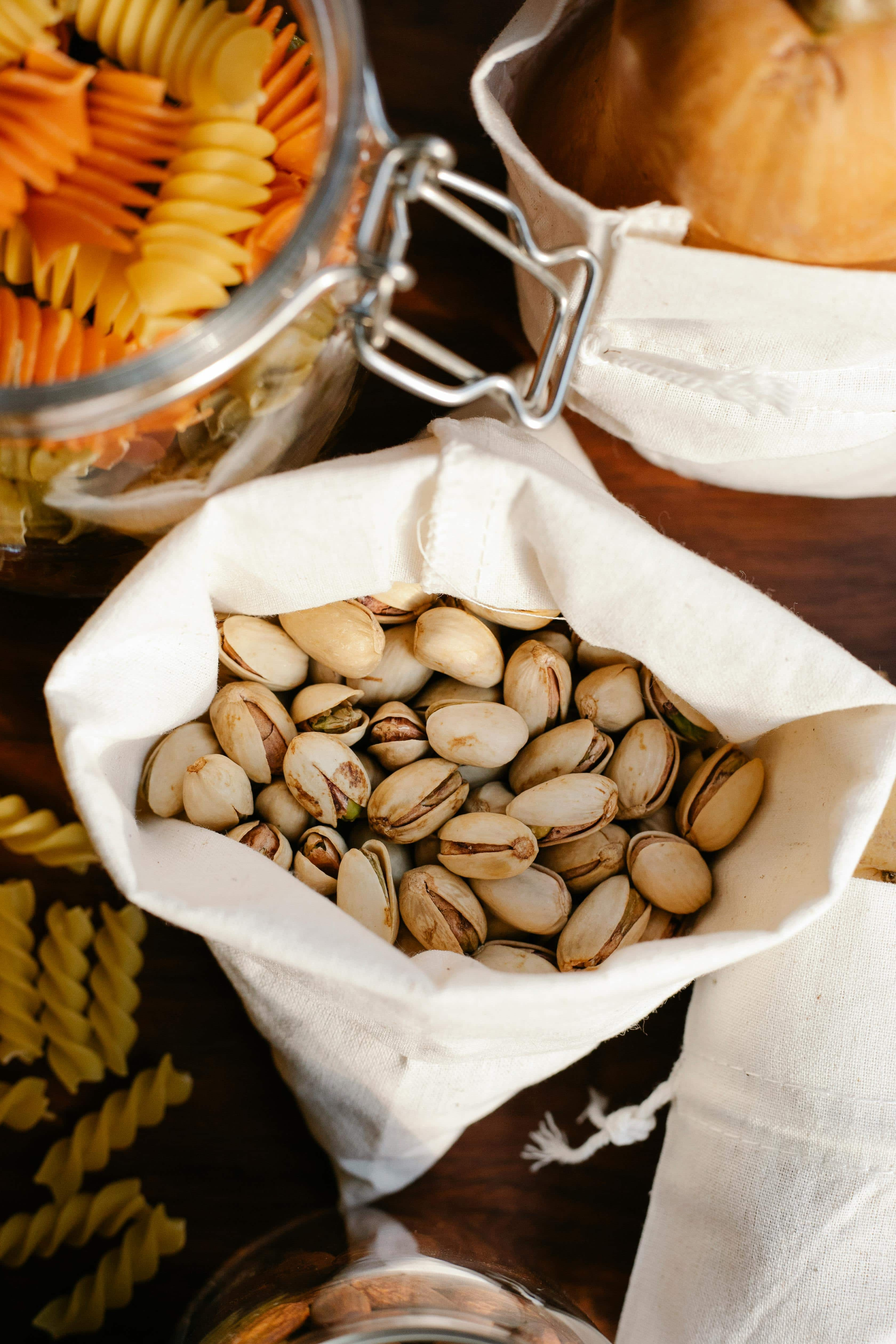





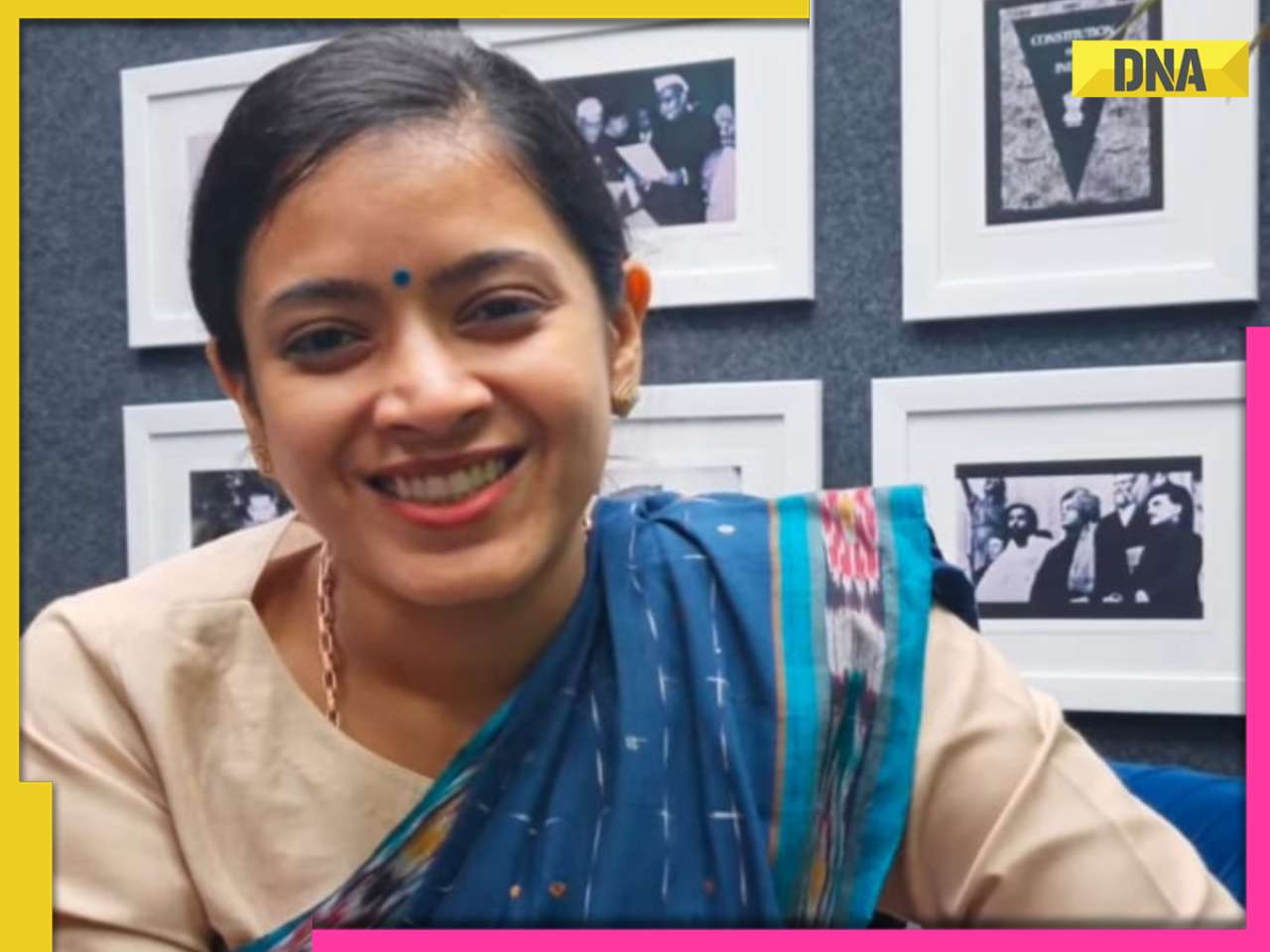
















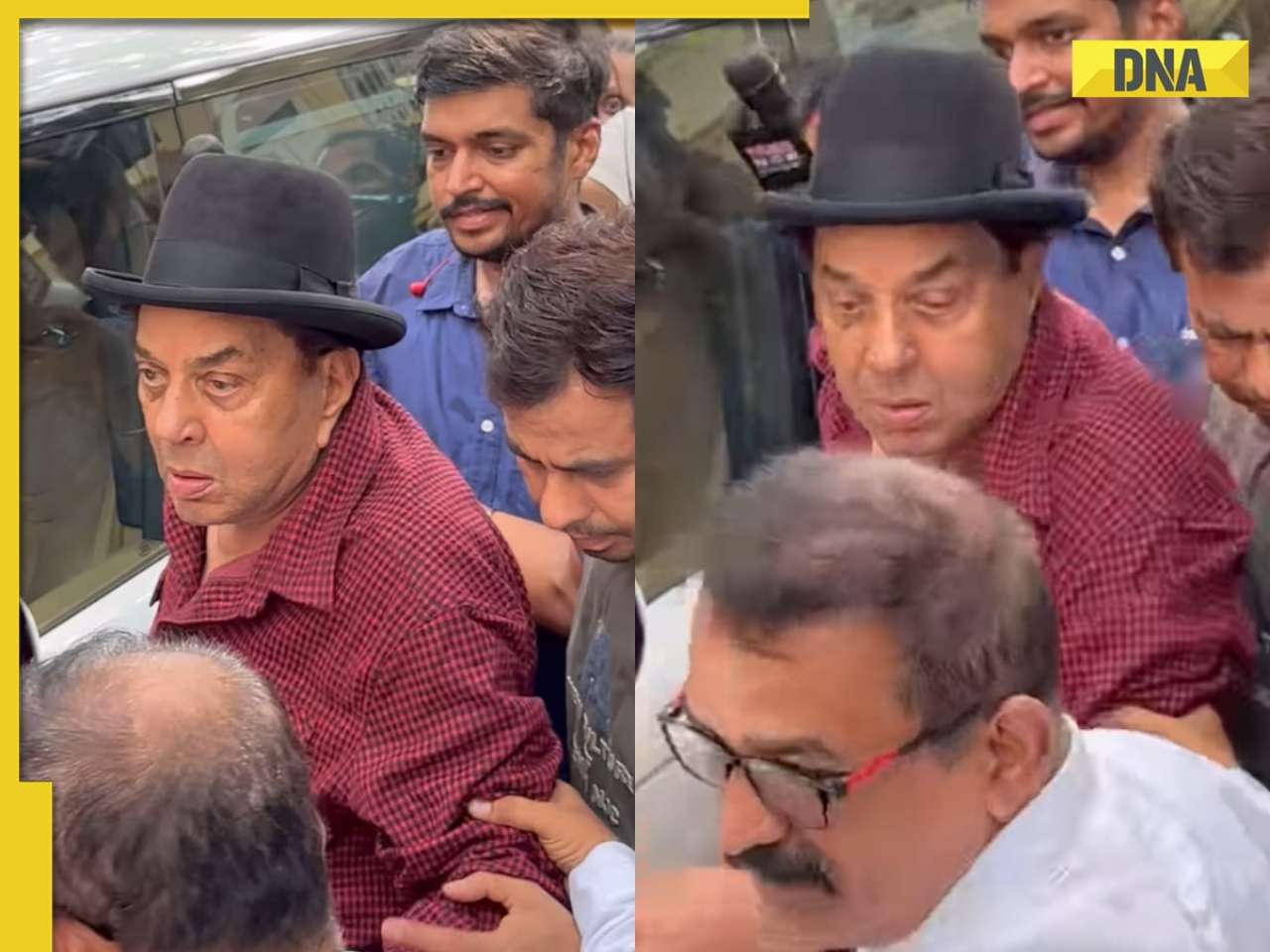

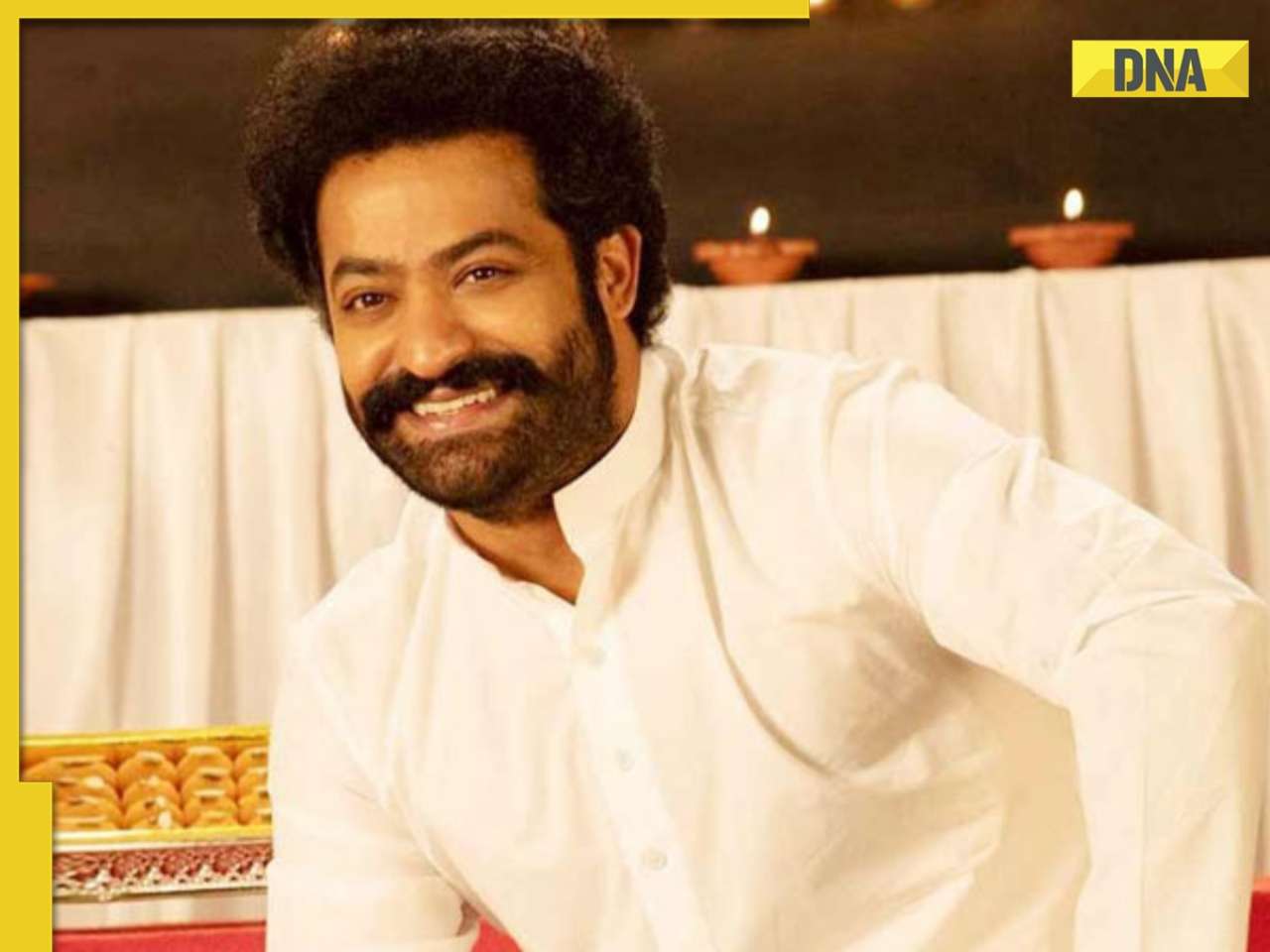
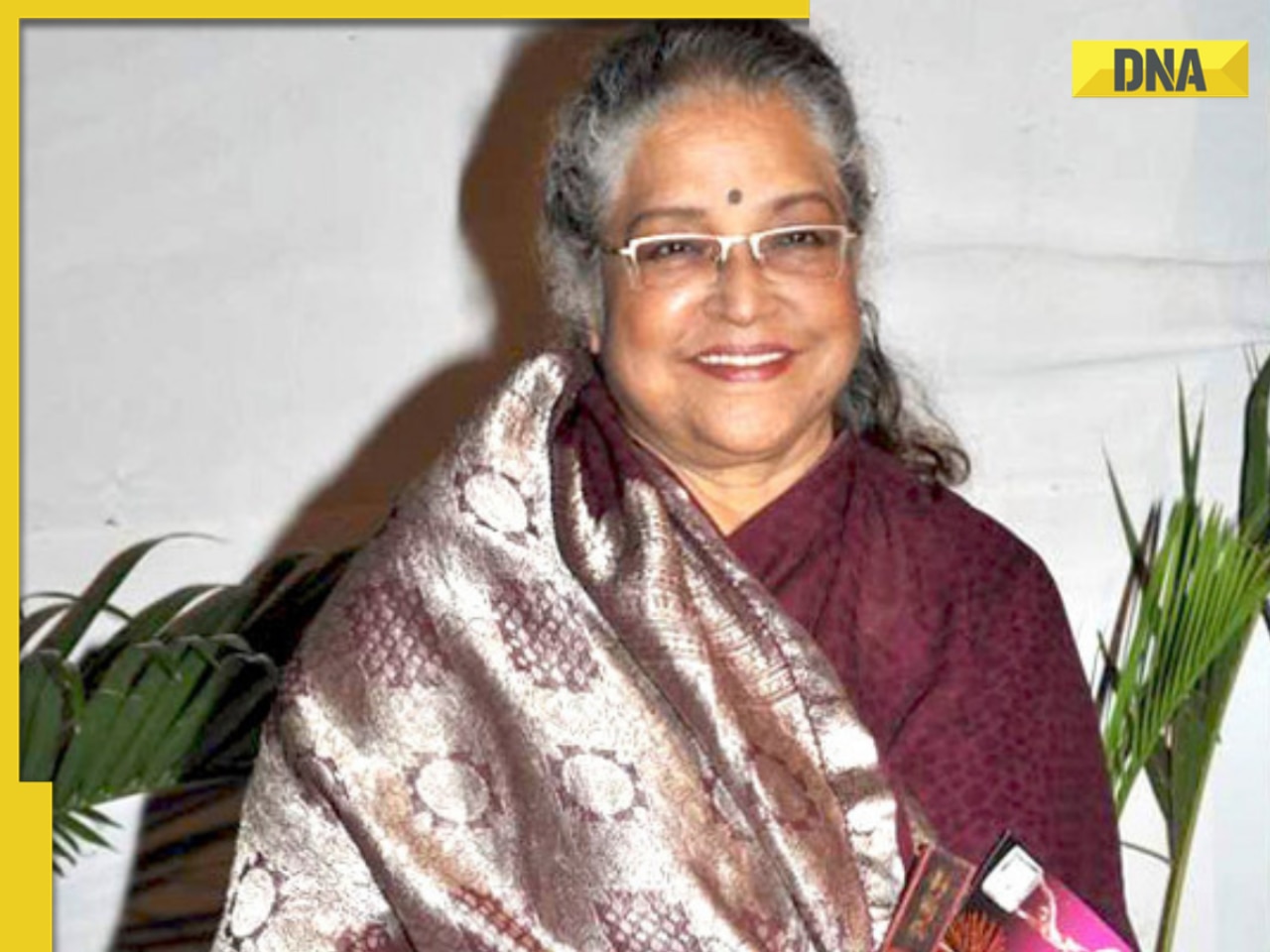

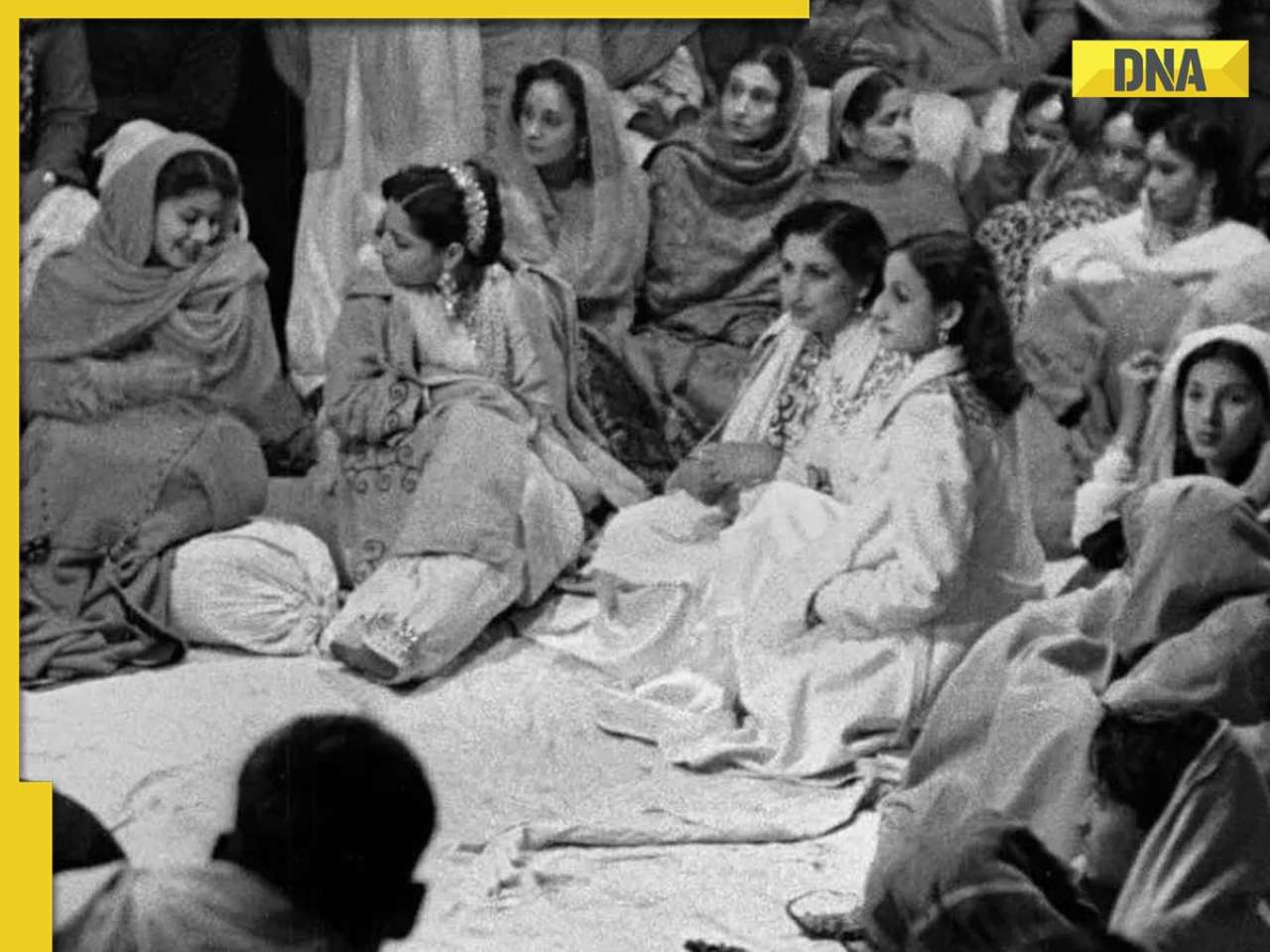

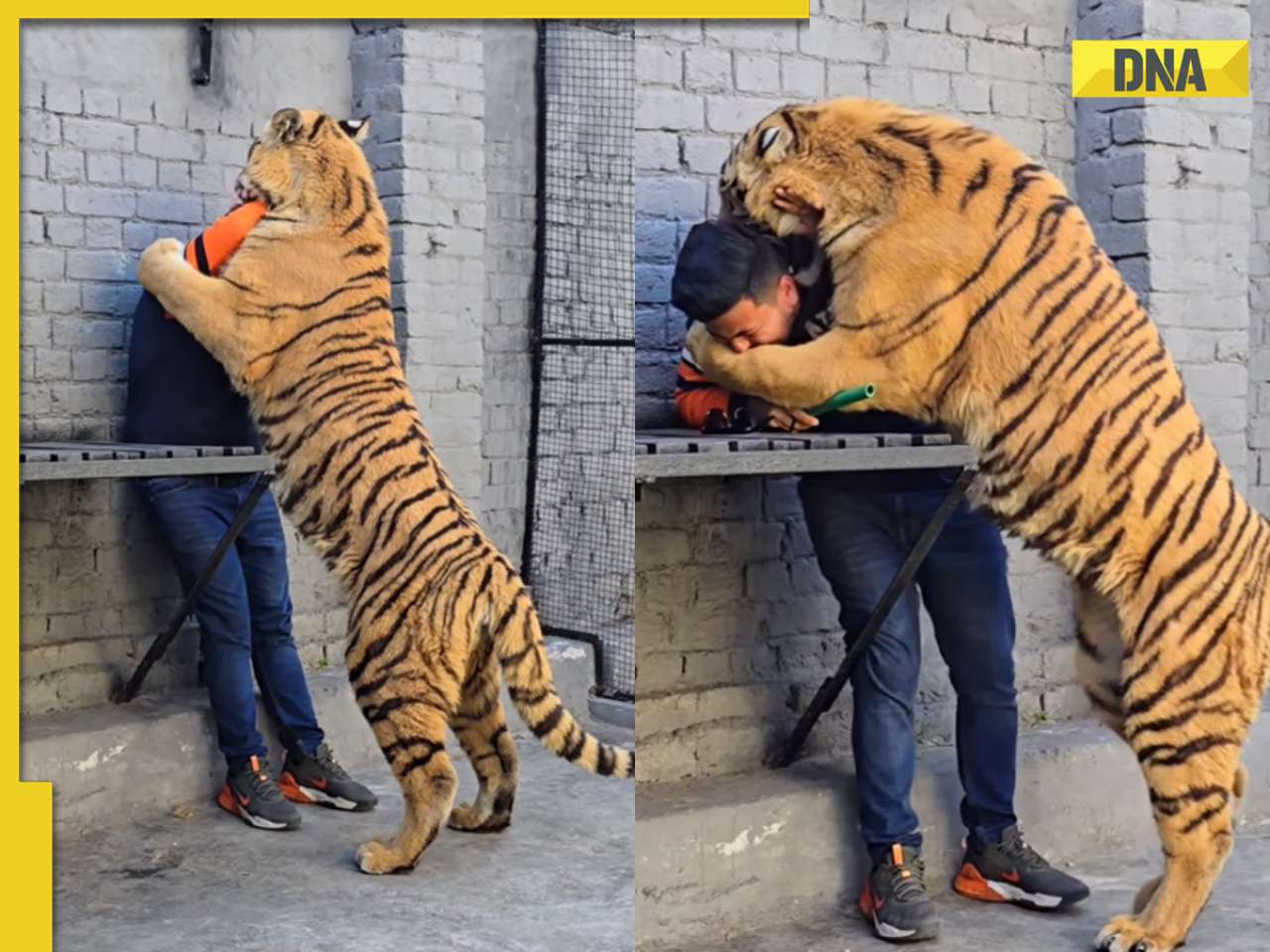


)




)
)
)
)
)
)